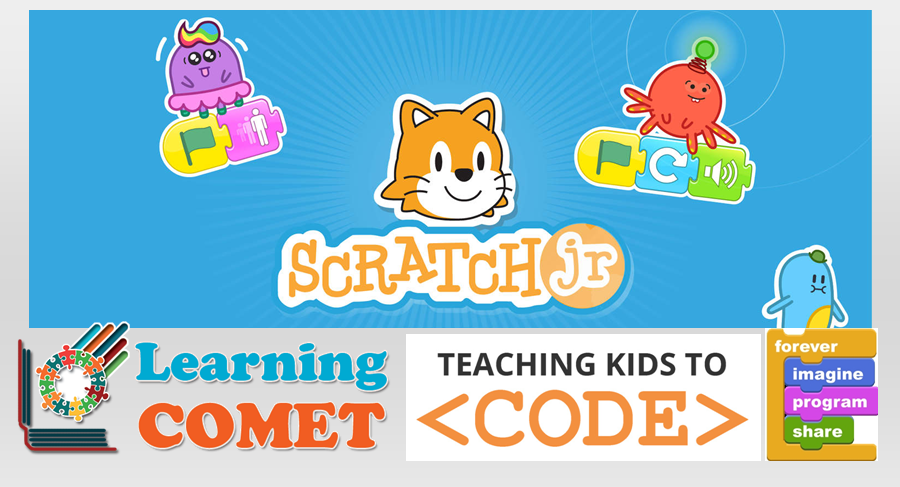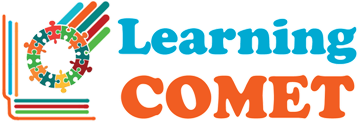
Coding for Kids
August 30, 2015Educational Therapy OR Tutoring
September 7, 2015 Twice Exceptional (2e) category: One of my client was twice exceptional(Gifted and LD).
Twice Exceptional (2e) category: One of my client was twice exceptional(Gifted and LD).
Children that have outstanding intellectual abilities and potential (giftedness) together with one or more disabilities or learning challenges are referred to as twice exceptional (2e) children, also known as “gifted and talented with a disability” or “dual exceptionality.” These kids have a special mix of abilities and difficulties that can make learning difficult and frequently misunderstood for them.
Children that are gifted and twice outstanding have the following traits:
High Cognitive Abilities: 2e children often exhibit outstanding inventiveness, highly developed cognitive abilities, and a remarkable capacity for learning and problem-solving.
They may have tremendous passions or interests in particular things, frequently developing into specialists in their fields.
Memory: Many twice exceptional children have outstanding memories that enable them to take in and retain a lot of knowledge.
inventiveness and Original Thinking: Gifted 2e youngsters frequently display a high level of inventiveness, thinking creatively and unconventionally to solve issues.
At the same time, individuals may experience a variety of difficulties, including learning disabilities (such as dyslexia, dysgraphia, and ADHD) or neurodevelopmental problems (such as autism spectrum disorder).
Their growth may be asynchronous, in which case their intellectual prowess may be well beyond their emotional and social maturity, leading to interpersonal difficulties and a sense of loneliness.
Underachievement: Children with 2e may not perform to their potential due to learning challenges or a lack of adequate educational accommodations, which results in underachievement in school.
Children who are twice exceptional are frequently misunderstood or ignored in typical educational settings because their talents and struggles may overlap.
Perfectionism: Children that are gifted 2e may have a tendency toward perfectionism and experience frustration when their high standards aren’t met.
They may be highly sensitive on an emotional level and have strong reactions to both good and negative stimuli.
It can be difficult to educate twice extraordinary gifted children. It is essential to take a thorough approach that covers both their advantages and challenges. For their intellectual and emotional well-being, individualized education plans, varied training, and a nurturing environment that fosters their skills and accommodates their limitations are crucial.
Children who are twice exceptional must be understood and supported in order for them to prosper academically and emotionally. To develop a welcoming and caring learning environment, educators, parents, and other professionals must work together.
Parents can learn and obtain quick information about 2e from this newsletter.
